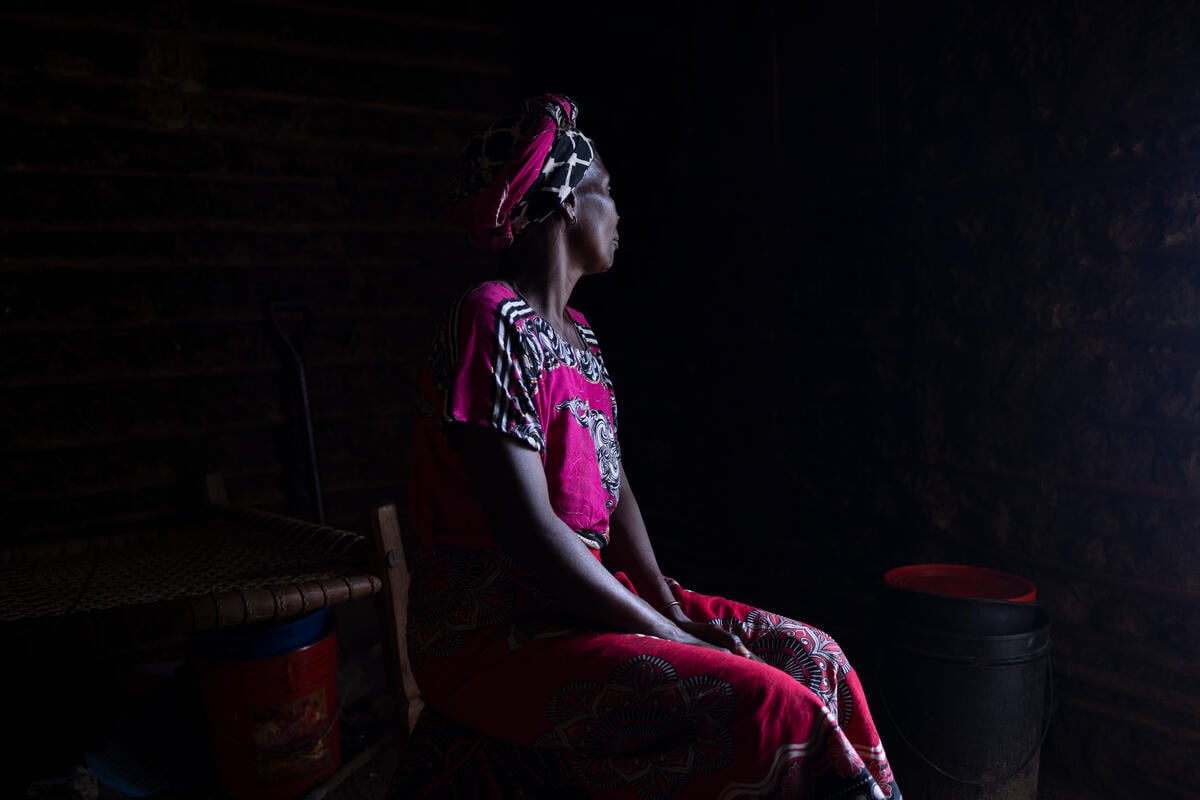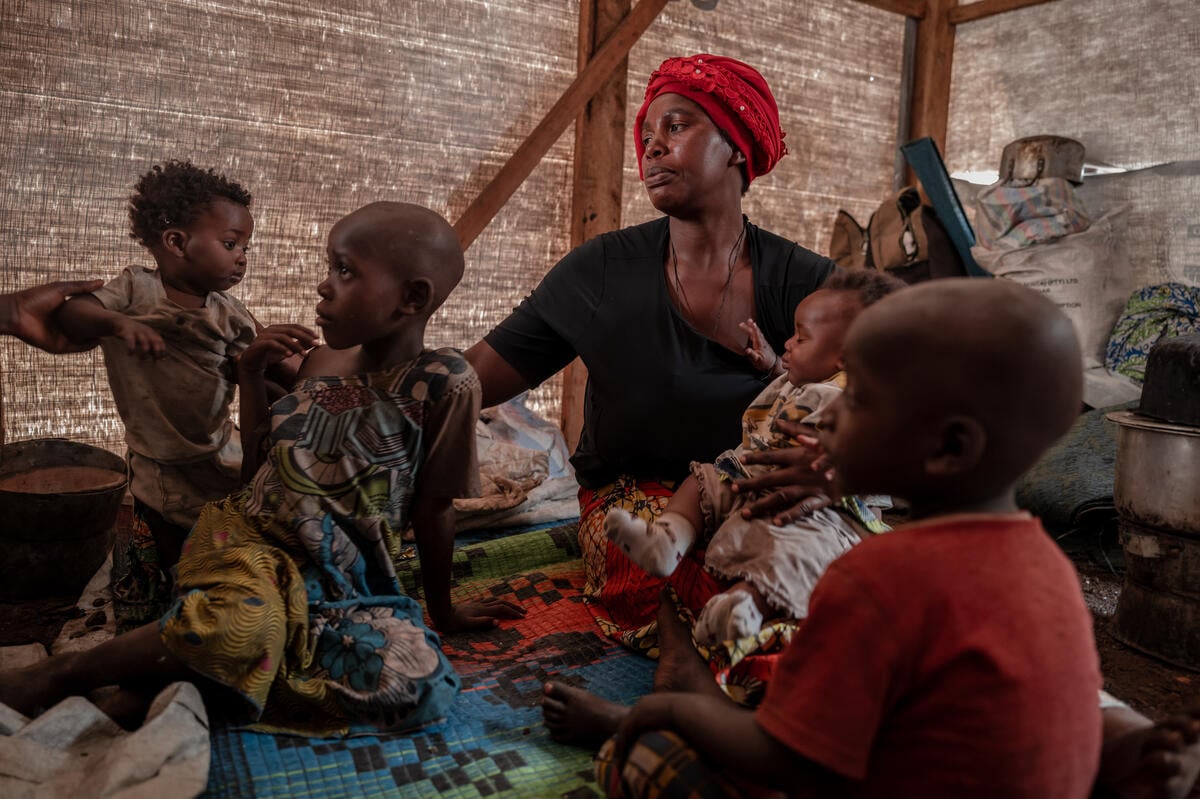Horn of Africa Update
Horn of Africa Update
Sudan
A total of 198 Eritreans, including 62 soldiers, arrived at Sudan's Gulsa camp on Tuesday, while 143 people arrived at the Lafa camp. More Eritreans are reportedly in the bush along the Sudan-Eritrea border waiting to cross. Many refugees are coming into the Sudan camps in the evening or early morning hours when the air is cooler to make the crossing less arduous.
On Tuesday a total of 1,249 arrivals were registered in the four entry points in Sudan's Kassala province. They included those who arrived on Tuesday and some who had arrived during previous days. So far, more than 75,000 Eritrean arrivals have been registered, but the figure has to be treated with some caution since there have been movements of refugees back and forth across the border. The registration started in mid-May.
UNHCR continues to move Eritrean refugees from the highly volatile Gergef area near the border to Shagarab, 70 kms deeper into Sudan. Since last week, we have moved 4,794 refugees out of the original group of 11,000.
Two more UNHCR staff members arrived today in Khartoum - a water expert and a field officer. They will be immediately deployed in Kassala province, which hosts the Eritrean refugees, strengthening UNHCR emergency team which now comprises 12 highly experienced UNHCR staff.
Eritrea
UNHCR Eritrea's Emergency Team has now deployed to Ghirmayka, on the frontier with Sudan. The UNHCR team, consisting of seven staff members and two vehicles, is working to cover the vast western lowlands border area, where, according to the Eritrean government, hundreds of thousands of internally displaced persons (IDPs) have found refuge in the Gash-Barka zone.
Many of the IDPs congregated along the dry river beds and caves in the "hovering zone" may be forced to flee into Sudan if the fighting continues or if they lack aid supplies and adequate shelter. They are currently digging holes in the beds of dry stream and rivers in search of brackish water for themselves and their livestock.
UNHCR is very concerned about the situation facing the some 50,000 internally displaced in the government-run Debat camp, on a hillside north of Keren. People are living in a very hostile environment under hardship conditions with wind whipping through the dusty site, where temperatures are in excess of 40º Celsius.
The shelter situation at Debat, which is one of the newest camps, is extremely precarious due to the sun and wind. With the rains approaching, the shelter situation is ever more urgent. The local administration and the Eritrean Relief and Refugee Commission (ERREC) has been working hard to improve conditions at the remote site. While more plastic sheeting has been distributed since the first UNHCR mission a week ago, many new arrivals still lack shelter and camp under trees. Up to three families are currently sharing a single plastic tarpaulin, affording little privacy.
Water distribution at Debat has improved, but it is still unsatisfactory with people receiving only three to five litres on average daily. Oxfam staff have assembled additional water bladders and delivery points to boost supplies.
While the UNHCR team was in Debat, groups of people continued to arrive at the site. The Eritrean government has also been trucking some IDPs back to their home areas near Barentu to collect their remaining personal effects and to return to the camp. This is an indication that the authorities believe a quick return of the displaced is unlikely.
The UNHCR airlift continues to intensify. To date, UNHCR has airlifted into Eritrea more than 28,000 blankets, over 17,000 jerry cans, more than 3,500 plastic tarpaulins along with water pipe. On Friday and Saturday, three IL-76 cargo planes will be arriving in Asmara loaded with water tankers, tipper trucks, tents, jerry cans and other items from UNHCR stocks in Albania and Kosovo. The airlift will continue in the next week, with additional heavy vehicles, blankets, water equipment and other supplies scheduled to arrive.



